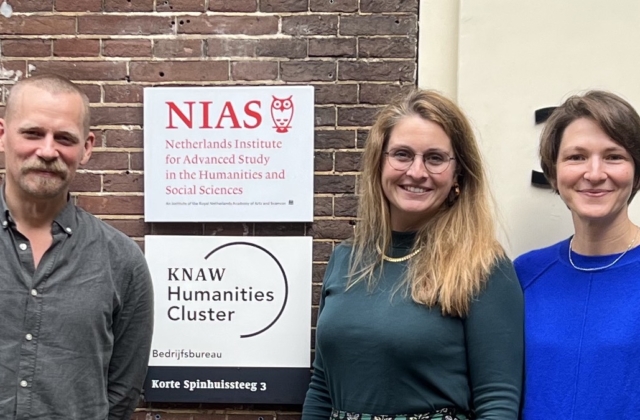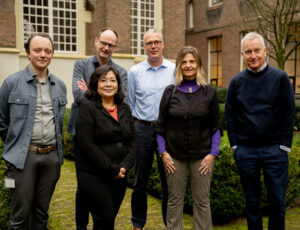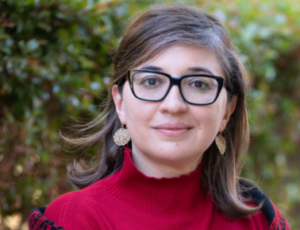
CAT-group “Metamorphoses of Law(s)" visits NIAS
19 January 2024The five excellent early-career researchers are working on the consequences of climate change on law(s). Beneath you can find a description of the project:
The consequences of climate change necessitate a transition to sustainability. One influential way of thinking about what sustainability means in more practical terms is the planetary boundaries framework.
In this “age of the Anthropocene” (a proposed geological epoch dating from the commencement of significant human impact on Earth’s geology and ecosystems, including, but not limited to, human-caused climate change and biodiversity loss. Red), Earth system scientists identified a number of “planetary boundaries”.
This concept of “planetary boundaries” from 2009, refers to nine inter-acting biophysical thresholds, considered true boundaries that must not be crossed to avoid abrupt, non-linear, potentially catastrophic, and largely unpredictable changes in the environment and on the planet. For instance ocean acidification, global freshwater use and climate change (CO2 concentration in the atmosphere). However, seven planetary boundaries have already been transgressed.
The scientists proposed a shift away from the essentially sectoral analyses of limits to growth aimed at minimizing negative externalities, toward the estimation of a “safe operating space” for human development. The CAT-group researches how this concept of planetary boundaries can be utilised in social sciences and law.
To explore the potential of the concept in social sciences and law, the team aims to highlight three key areas: Biodiversity & Climate Interactions, Health & the Environment, and Technologies & Science. For each issue, three critical reading grids of the law(s) relating to the environment, meaning different fields of international and national law that protect the environment, human rights law, economic law, etc., are applied, articulating the items: identification of actors, participation process and emergence of solutions.
This interdisciplinary project (law and social sciences) is also motivated by a sense of urgency to react across all disciplines.
Scholars: Marion Lemoine-Schonne (Law, CNRS, France), Anne Dienelt (Law, University of Hamburg, Germany), Vincent Gengnagel (Political sociology, Europa-Universität Flensburg, Germany), Camila Perruso (Law, Paul-Valéry Montpellier 3 University, France), Henrik Thorén (Philosophy of science, Lund University, Sweden)
Constructive Advanced Thinking Theme Group (CAT-group)
Incubated in the Network of European Institutes for Advanced Study (NETIAS) and supported by 11 Institutes for Advanced Study, the Constructive Advanced Thinking (CAT) initiative aims to foster networks of excellent early-career researchers dedicated to devise new ideas to understand and to tackle current or emerging societal challenges. In order to engage in fruitful discussions and mature their ideas, the groups have the opportunity to meet for short stays in different NETIAS-institutes, and to be put in contact with the institutes’ fellows and local research communities. Although the programme has a strong focus on the societal relevance of the projects, it is entirely blue sky, bottom-up and non-thematic. CAT encourages a collaboration with stakeholders outside academia (industry, policymakers, NGOs…) who are willing to support or engage in innovative research initiatives. Every year NIAS hosts 5 to 6 CAT-groups.



